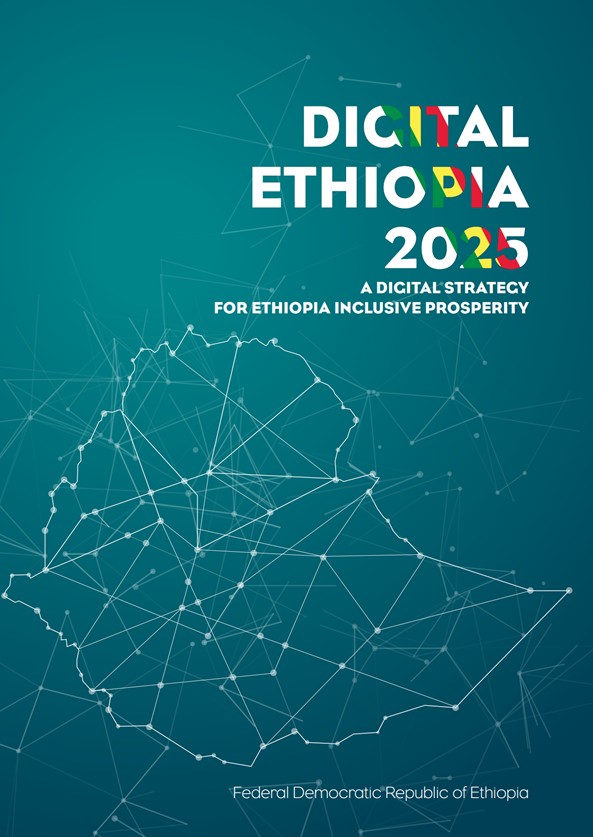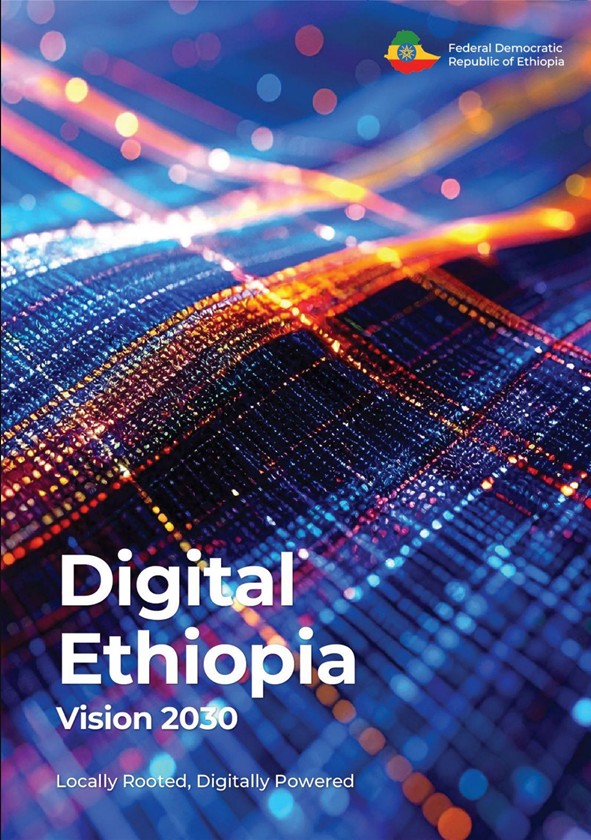Ethiopia: A New Horizon of Hope
The wisdom taught us by our Ethiopianess is not to be overcome by temporary obstacles but rather to change the trials we face into opportunities and desirable accidents and achieve victory.
- H.E. Abiy Ahmed Ali (PhD)
The wisdom taught us by our Ethiopianess is not to be overcome by temporary obstacles but rather to change the trials we face into opportunities and desirable accidents and achieve victory.
- H.E. Abiy Ahmed Ali (PhD)

Ethiopia’s economy has registered a decade of rapid and stable growth. Real GDP growth has averaged about 10 per cent over the last decade. The poverty rate declined substantially from 55.3% in 2000 down to 26 percent in 2016. However, Ethiopia still faces significant development challenges.
In response to unprecedented public pressure, Ethiopia is undergoing national renewal. Ethiopians demand for democracy and respect for basic rights is evident. Pervasive human rights violation, an environment that made it impossible for civil society and political parties to function, weak democratic institutions
The policy and legal reform processes have brought new hope for the economy to transition to a more stable macroeconomic environment. The first phase of the Home-Grown Economic Reform Program (HGER 1.0), introduced in the 2019 fiscal year, included numerous policy ideas ranging from macro-financial to structural and sectoral. Through the implementation of the HGER 1.0 Ethiopia has achieved significant economic objectives and goals. Despite the remaining reform areas, efforts to correct macroeconomic imbalances, alleviate debt burden, increase domestic production capacity, expand sources of economic growth, create job opportunities, and address structural bottlenecks have yielded positive results. Additionally, the government's ability to collect tax revenue has improved.


